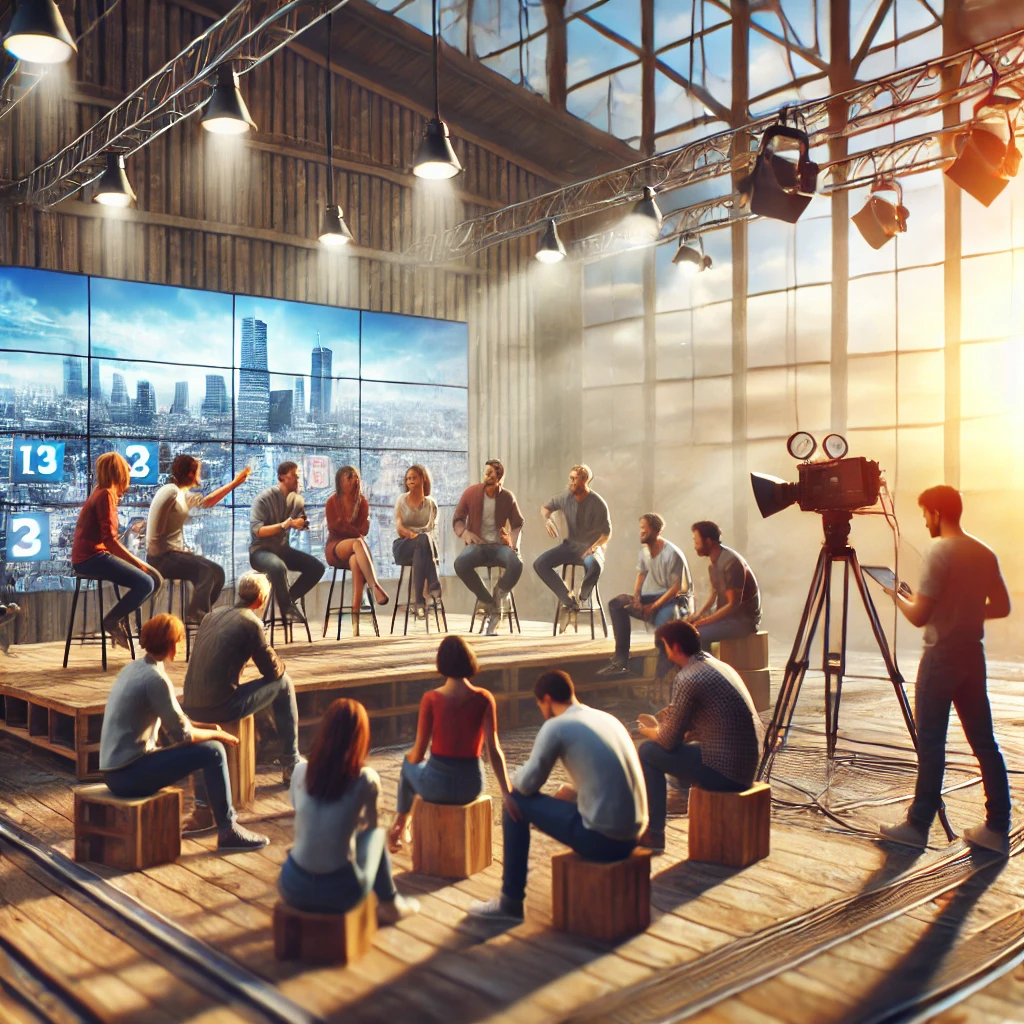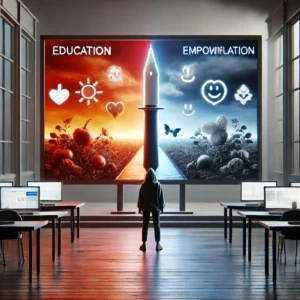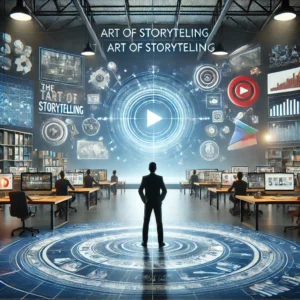We often talk about media in terms of consumption – what we watch, read, and listen to. But what if we shifted our focus from passive consumption to active engagement? What if we viewed media not just as a source of information and entertainment, but as a powerful catalyst for social change?
The Media’s Role in Shaping Public Discourse
Throughout history, media has played a pivotal role in shaping public discourse and influencing social movements. From the printing press revolutionizing the spread of ideas to the role of television in documenting the Civil Rights Movement, media has always been a powerful tool for raising awareness, mobilizing public opinion, and challenging the status quo. In today’s digital age, this power is amplified. Social media platforms, in particular, have become crucial spaces for organizing protests, sharing personal stories, and amplifying marginalized voices.
Citizen Journalism: Giving Voice to the Voiceless
The rise of citizen journalism, fueled by readily available technology like smartphones and social media, has democratized the flow of information. Ordinary individuals can now document events, share their perspectives, and challenge official narratives in ways that were previously unimaginable. This has been particularly impactful in situations where traditional media outlets are restricted or censored. Citizen journalists have played a vital role in documenting human rights abuses, exposing corruption, and providing alternative perspectives on global events.
Media as a Platform for Advocacy and Activism
Beyond reporting, media can be a powerful tool for advocacy and activism. Documentaries, films, and even fictional narratives can raise awareness about critical social issues, spark empathy, and inspire action. Think of documentaries that expose environmental injustices, films that challenge societal prejudices, or social media campaigns that raise funds for important causes. These forms of media can move beyond simply informing audiences; they can motivate them to become involved, to donate, to volunteer, and to advocate for change.
Harnessing the Power of Storytelling for Social Impact
At its core, media is about storytelling. And stories have the power to connect us, to move us, and to inspire us to act. By crafting compelling narratives that resonate with audiences, media creators can raise awareness about important issues, challenge stereotypes, and promote empathy and understanding. Whether it’s a documentary about climate change, a fictional film about immigration, or a social media campaign about mental health, stories have the potential to spark conversations, shift perspectives, and ultimately, drive positive social change.
The Responsibility of Creators and Consumers
With this power comes responsibility. Media creators have a duty to use their platforms ethically and responsibly, to avoid perpetuating harmful stereotypes, and to strive for accuracy and fairness in their reporting. As consumers, we also have a role to play. We need to be critical consumers of media, to seek out diverse perspectives, and to support media outlets and creators who are committed to using their platforms for good.
In conclusion, media is more than just a source of entertainment or information; it’s a powerful force that can shape our world. By embracing our roles as both creators and consumers, we can harness the power of media to drive positive social change, to amplify marginalized voices, and to build a more just and equitable future. This is how we can build a better tomorrow.



